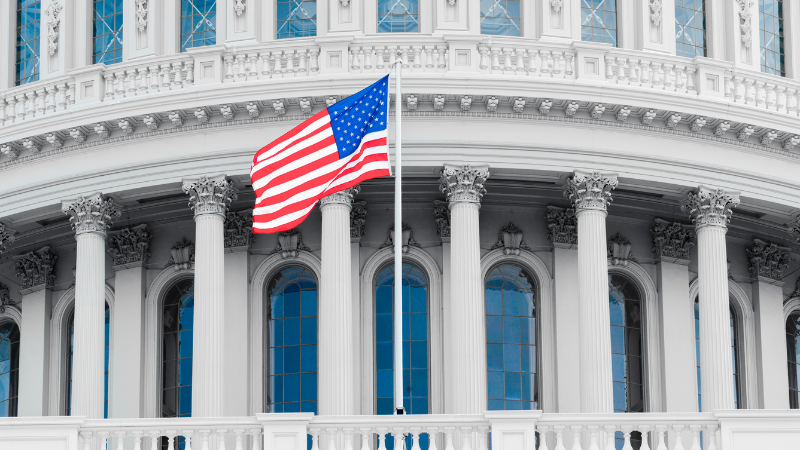Reconciliation Bill Passage Jeopardizes Care for Millions of Brain Injury Survivors
July 3, 2025

BIAA Urges States to Prioritize Access, Equity, and Survivor-Centered Implementation
Washington, D.C. – Today, the U.S. House of Representatives passed the One Big Beautiful Bill Act, a sweeping reconciliation package that makes significant changes to Medicaid and the Supplemental Nutrition Assistance Program (SNAP).
The Brain Injury Association of America (BIAA) has warned that these changes will have devastating consequences for millions of individuals living with brain injury and their caregivers who depend on these programs for medical care, nutrition, and long-term support.
“This legislation threatens to dismantle the lifelines that brain injury survivors rely on to live with dignity, independence, and stability,” said Rick Willis, President and CEO of the Brain Injury Association of America. “We are calling on state leaders to reject one-size-fits-all mandates and implement policies that reflect the lived realities of people with brain injury.”
The legislation includes deep funding cuts to Medicaid and imposes new mandatory work requirements, creating significant barriers to care for people with brain injury. For many, brain injury can develop into a lifelong chronic health condition with complex physical, cognitive, and behavioral challenges that limit their ability to meet such requirements. This bill undermines the programs that provide a path to recovery, independence, and stability.
With the passage of this bill, the responsibility for implementation now shifts to the states. Each state must determine how to track community engagement requirements, define hardship exemptions, and manage Medicaid waiver expansions or modifications. Without national standards, access to care could become uneven and inequitable across the country.
BIAA urges state officials to act swiftly and compassionately. It is critical that states protect and expand Medicaid waivers that support home and community-based services, ensure that work requirement tracking systems are accessible and consistent across jurisdictions, and design hardship exemptions that consider the unique needs and limitations of people with brain injuries.
BIAA will continue to collaborate with policymakers, medical professionals, and advocacy partners to safeguard essential services, and we’ll fight to ensure that people with brain injury do not lose access to the care they need.
